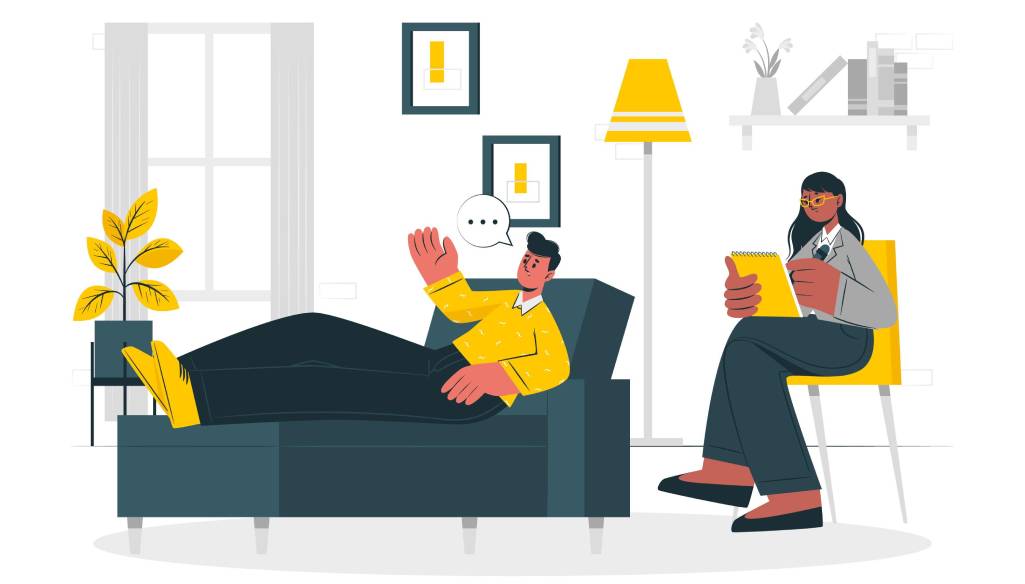Mental illness and mental health remain a taboo in our world. However, the more we are able to create a society that identifies unhealthy mental processes the better we all thrive. Understanding about therapy can help us notice when we can seek help.
What is Individual Therapy?
Individual therapy is a joint process between a therapist and a person in therapy. In individual therapy, clients work one-on-one with a trained mental health clinician (individual psychotherapist) in a safe, caring, and confidential environment. One therapist sees one client at a time, tailoring the process of individual therapy to his or her unique needs. Individual therapy is also called individual psychotherapy or dyadic therapy.
What to expect in individual therapy?
How long is individual therapy?
Individual therapy may be short-term (focusing on immediate issues) or long-term (delving into more complex problems).
The number of sessions and the frequency of appointments depend on the individual’s situation and the recommendations of the therapist.
Factors that can affect how often sessions occur and how long they are including but not limited to
The exact way in which this therapy is implemented tends to vary depending on the issues in question, the practices of the therapist and the needs of the individual.
When to seek individual therapy?
Individual therapy can help for problems ranging from milder emotional conflicts to severe psychopathologies. So, a person who is facing marital difficulties as well as someone who is suffering from depression can seek individual psychotherapy.
Here are some problems or issues that can be helped through individual therapy
Benefits of individual therapy
Individual therapy is effective for
Benefits of individual therapy sessions are (but not limited to)
Whatever your issues or difficulties may be, therapy can be a life-changing experience. Center for Mental Health provides mental and behavioral health services for individuals who work to improve overall wellness. To find out more about how our team of individual therapists can be of assistance to you, contact us today.

